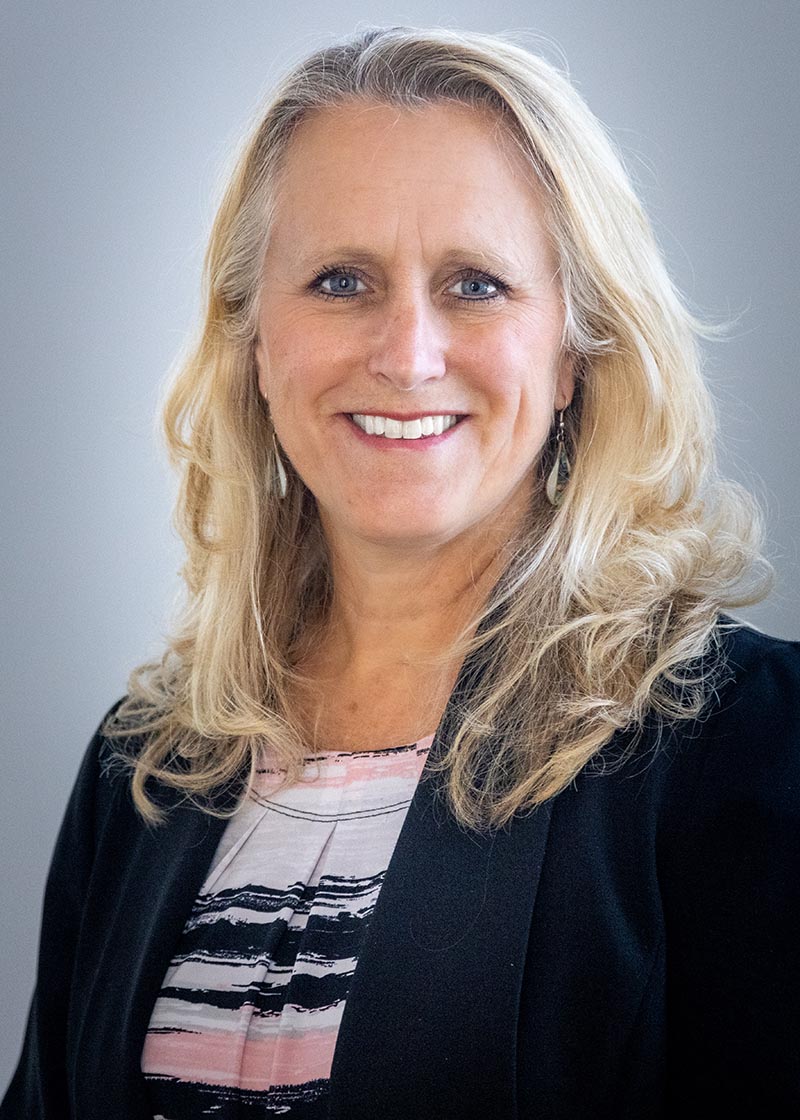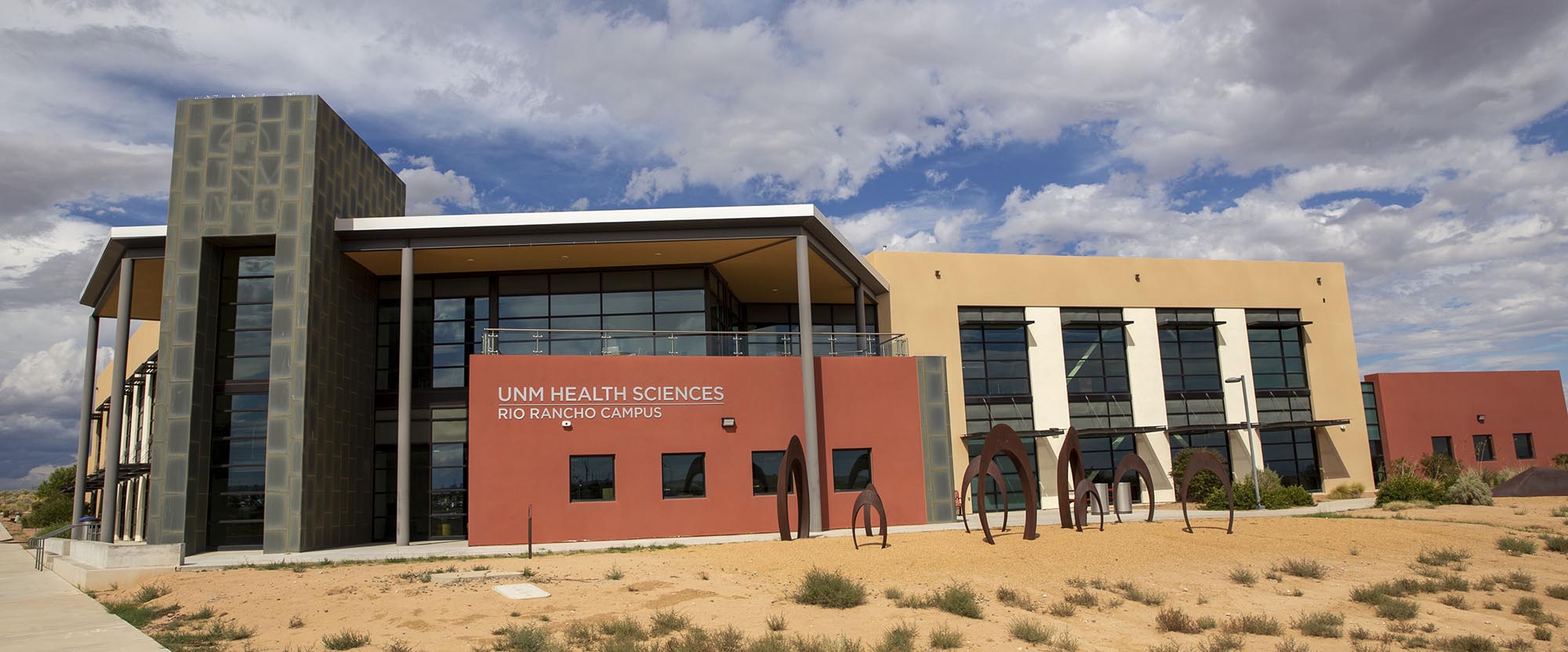A brand-new program from The University of New Mexico can help post-baccalaureate and advanced undergraduate students strengthen their applications to UNM’s professional health programs.
The Pre-Health Scholars Certificate, which will be run out of the UNM Health Sciences Rio Rancho Campus, will focus on building and strengthening common areas of weakness the professional health programs see in their candidates and students.
The program – which begins in the Fall 2022 semester – was designed by Laura Burton, PhD, associate director of UNM Health Sciences Rio Rancho Campus. Through several discussions with the health programs, she identified common threads across the programs and designed the courses to address those areas, as well as strengthening the humanities side of students’ program applications.
“Many students who are planning to go apply to medical school, the College of Pharmacy, etc., focus a lot on their STEM,” Burton said, referring to science, technology, engineering and medicine courses.

Health programs are utilizing holistic reviews now for their application processes. They want to see candidates and students who are not just good in math and science, but who are also good at the humanities, good at communication and good at understanding culture and interacting with people.
“But all the health programs are utilizing holistic reviews now for their application processes,” she said. “They want to see candidates and students who are not just good in math and science, but who are also good at the humanities, good at communication and good at understanding culture and interacting with people.”
The program consists of five three-credit hour courses. The inaugural year will have three courses in Fall 2022 and two in Spring 2023.
The courses include:
- Meanings and Culture in Health and Illness – This course is designed to help students understand and explore the complexities of meanings, cultures and social factors and how they interplay with the conceptualization, experiences and treatment of health and illness.
- Integrating Psychology and Medicine – In addition to exploring how behavioral health impacts medical conditions and outcomes, this course, taught by a clinical psychologist, also addresses a common struggle – having difficult and emotional conversations with patients. Burton said she heard from the programs that this struggle was common with students and new professionals.
- Critical Thinking, Learning and Problem Solving for Health Professionals – A deficit in critical thinking and problem solving was commonly identified by the health programs as a weakness in candidates and students, Burton said. This course will help define critical thinking, how to use it and how to apply it to problem solving. In addition, understanding how graduate learning is different from undergraduate learning will help students develop more effective learning strategies.
- Communication in Action for Health Professions – This course will develop students’ verbal and written communication skills, with a focus on narrative medicine, engaged listening and mindfulness in communication, as well as writing and interviewing skills. Students will develop a more complex conceptualization of communication, especially within the health care context.
- Pre-Health Observational Learning – In this course, students will do professional shadowing and community engagement. Students will be connected with a health care professional for guided shadowing. For community engagement, students will go on field trips into rural and tribal communities, which will largely be in Sandoval County. On the field trips, they will gather with community members to hear about their health care experiences and learn about the assets and challenges of the communities. Guest speakers will provide meaningful learning of health disparities, social determinants of health and cultural differences.
The program is eligible for financial aid and prerequisites include two semesters of general chemistry, two semesters of biology, two semesters of English, Intro to Psychology (PSY1110), Intro to Statistics (Math1350) or Psych2150. Exceptions can be made by petition to the director for special approval. In addition, students must have a junior standing (60 credit hours) and a cumulative GPA of 3.0 or higher.
For the 2022-23 academic year, the program will be capped at 30 students. Seats will be prioritized by date and time of completed application. To apply for the program, visit hsc.unm.edu/prehealth. For more information or if students have any questions, contact HSCPreHealth@salud.unm.edu or 505-994-5000.
